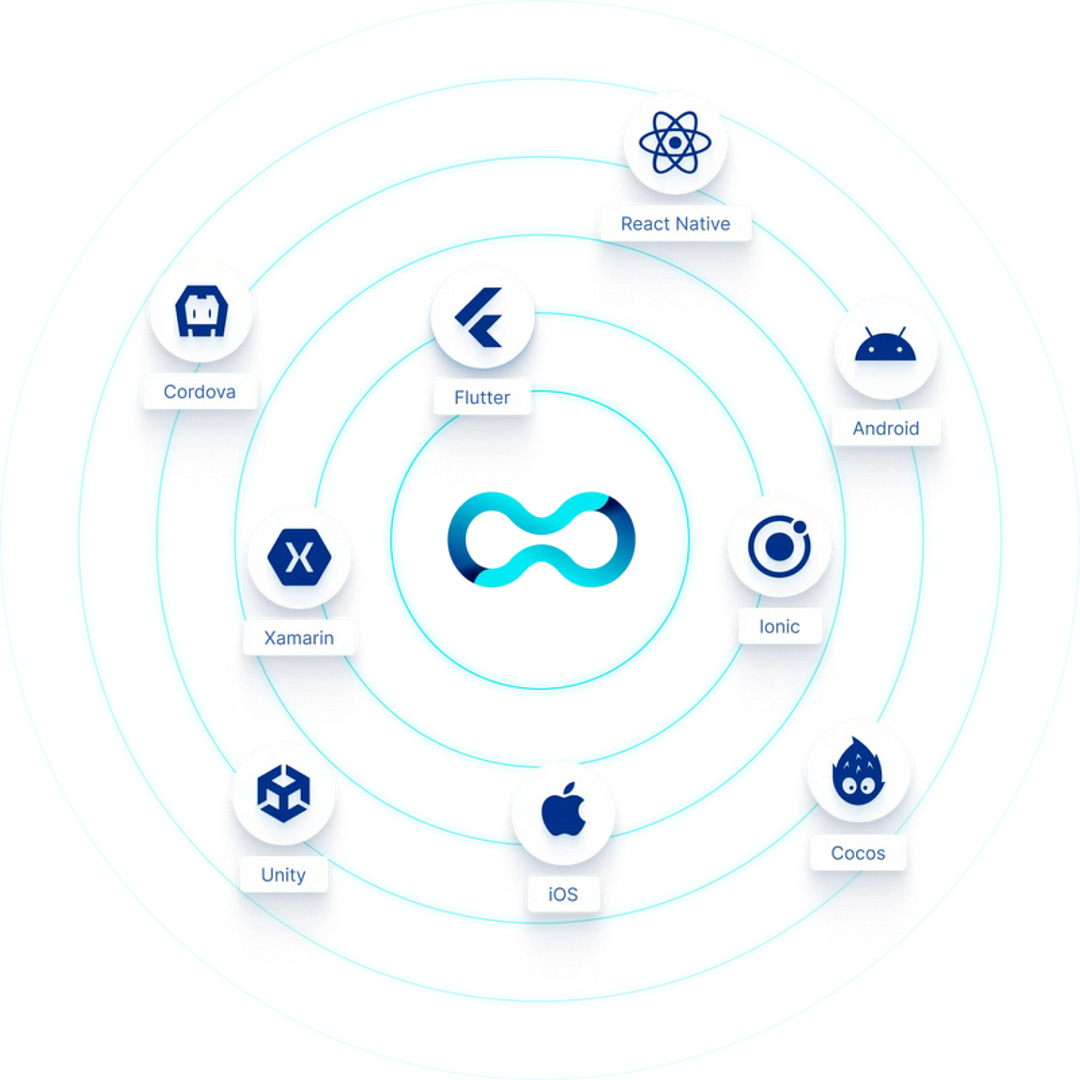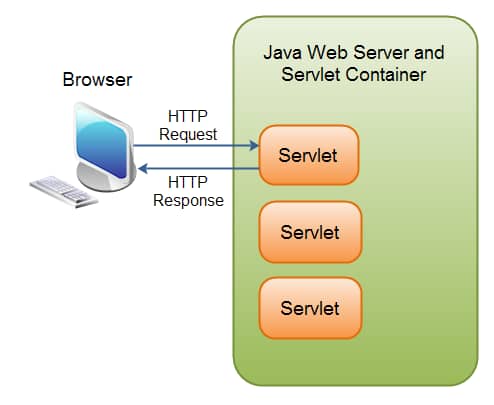
Blog Articles
Node.js Insider: Unraveling Web Development Application
Table of Contents
What is Node.js?
Node.js is an open source, server side runtime environment that empowers developers to run JavaScript code on the server. Originally conceived by Ryan Dahl and first introduced in 2009, Node.js harnesses the mighty V8 JavaScript engine, the same powerhouse that propels Google Chrome’s web browser. This engine skillfully compiles JavaScript code into efficient machine code, endowing Node.js applications with remarkable speed and efficiency.
Node.js has risen to prominence, particularly for crafting scalable and real time web applications in node development agency.
It boasts several key attributes:
- Non-blocking and Asynchronous: Engineered to handle numerous simultaneous connections without obstructing code execution, making it ideal for high concurrency applications like real time chat, gaming, and streaming.
- Single Programming Language: Compatibility with JavaScript for both server side and client side development streamlines coding processes and promotes a unified development environment.
- NPM (Node Package Manager): Ships with NPM, offering access to a vast array of open source libraries and modules, enhancing application capabilities.
- Cross-Platform: Flaunts compatibility across various operating systems, facilitating deployment on Windows, macOS, and Linux, ensuring versatile application deployment.
- Community and Ecosystem: Thrives within a vibrant developer community, offering frameworks like Express.js and Socket.io, simplifying web server construction and real time communication.
- Performance: Renowned for exceptional performance due to its non blocking architecture and the formidable V8 engine, making it ideal for applications requiring rapid response times.
Node.js is widely utilized in constructing web servers, designing APIs, architecting microservices, and other networked applications. Its appeal spans startups to corporate giants, handling demanding I/O-intensive operations with agility. In comparisons like express.js vs node.js, Node.js emerges as the top choice.
Node.js stands as a powerhouse in web development, driving innovation across domains like custom financial software, iOS mobile app development, and healthcare software. Its exceptional performance and extensive ecosystem make it a preferred choice for modern business software solutions.
Node.js ranks 7th in the “most loved” category for frameworks, libraries, and tools, and 1st in the “most wanted” category.
What is Node.js used for?
Node.js serves diverse purposes across multiple domains:
- Web Servers: Facilitates robust and scalable server side applications with frameworks like Express.js.
- API Development: Excels in crafting RESTful and GraphQL APIs, handling high volumes of concurrent requests efficiently.
- Real-time Applications: Ideal for constructing chat platforms, online gaming hubs, and collaborative tools with Socket.io for seamless communication.
- Microservices: Supports autonomous services that communicate via APIs, enhancing scalability in large scale applications.
- Command Line Tools: Empowers the creation of tools for task automation and data manipulation.
- IoT Applications: Well-suited for server side applications tailored to IoT devices due to its asynchronous capabilities.
- Streaming Services: Used in media streaming servers like Node-Media-Server for video and audio content distribution.
- Data Processing: Invaluable for parsing files, database operations, and batch processing tasks.
- Backend for SPAs: Serves as a backend for single page applications developed using JavaScript frameworks.
- Proxy Servers: Aids in managing requests and responses, enhancing functionality with features like load balancing.
- Content Management Systems: Backbone of CMS platforms like Ghost, ideal for website and blog creation and administration.
- Desktop Applications: Enables cross platform desktop app development using web technologies and tools like Electron.
- Machine Learning: Proficient in constructing server side applications interacting with machine learning models.
Integrating Node.js into software development across diverse sectors, such as finance, healthcare, mobile apps, and enterprise solutions, offers strategic advantages owing to its high performance and adaptability. Its efficiency extends to cross platform app development, banking software, and innovative backend technologies. Whether you require a backend developer or comprehensive Node.js services, its versatility consistently fuels innovation across industries, positioning it as a premier choice for cutting edge solutions.
Which companies using Node.js in their web applications?
Node.js is widely embraced across industries, with notable adopters including:
- Netflix: Utilizes Node.js for streaming, benefiting from its speed and scalability in managing concurrent connections.
- Uber: Integrates Node.js in backend systems, enabling real-time features in rider and driver apps, and microservices.
- PayPal: Embraces Node.js for rapid development, employing it in web applications and services, notably in their developer portal.
- LinkedIn: Utilizes Node.js for both server side and client side rendering, contributing to open source Node.js projects like “Dust.”
- Walmart: Enhances e-commerce applications with Node.js, providing real-time updates on products, prices, and inventory.
- Trello: Leverages Node.js for real time collaboration in its project management tool, facilitating seamless board and card interactions.
- NASA: Incorporates Node.js in projects, including the official website, ensuring efficient content delivery and real time data provision.
- Yahoo: Adopts Node.js in various applications, implementing server side rendering and enhancing web app performance, including Yahoo Mail.
- Microsoft: Utilizes Node.js in Azure IoT Hub and Visual Studio Code, offering Electron-based applications powered by Node.js.
- eBay: Integrates Node.js in its developer ecosystem, enabling tools and APIs for application creation and eBay platform integration.
- Groupon: Enhances web application performance with Node.js, streamlining user discovery and deal purchase experiences.
- Medium: Employs Node.js for real time collaborative writing and editing features in its popular blogging platform.
- Walmart Labs: Incorporates Node.js in various e-commerce solutions as part of Walmart Labs’ technology initiatives.
- Twitter: While not primarily reliant on Node.js, it’s been used in certain projects, particularly in mobile app development.
- Slack: Leverages Node.js for real time messaging and notifications in its team collaboration platform.
Why You Should Consider Node.js?
Here are some compelling reasons to consider Node.js for your project:
- Speed and Performance: Leveraging the V8 JavaScript engine for optimized code execution, Node.js caters to applications demanding high performance and rapid responses.
- Scalability: Its non blocking architecture allows handling numerous concurrent connections, offering scalability and rapid growth potential.
- Real-time Applications: Node.js excels in building real time applications such as chat platforms and online gaming, well suited for WebSocket connections and immediate communication needs.
- Unified Language: Using JavaScript for both frontend and backend simplifies development, reduces context switching, and promotes code sharing between client and server.
- Large Ecosystem: The extensive npm ecosystem provides a multitude of open source libraries and packages, accelerating development and avoiding redundant efforts.
- Community Support: With an active developer community, Node.js ensures abundant resources, tutorials, and solutions, ensuring ongoing platform maintenance and updates.
- Microservices Architecture: Well-suited for building modular and scalable architectures, Node.js facilitates independent development, deployment, and scaling of individual components.
- Cross-Platform Compatibility: Its cross platform nature allows deployment across diverse operating systems, offering flexibility in application deployment.
- Cost-Effective Development: Node.js promotes cost efficiency through simplicity, pre built modules, and the availability of JavaScript skills in the developer community.
- Continuous Growth: As a continually growing and popular technology, Node.js guarantees ongoing relevance and long-term support.
- Modern Development Practices Support: Embracing modern practices like serverless computing and containerization, Node.js enables flexible and efficient application building and deployment.
- Rich Tool Ecosystem: Node.js offers a wide array of tools for software development, testing, and deployment, including Webpack, Jest, Docker, and Kubernetes.
Node.js vs Other Languages: A Quick Comparison:
- Node.js vs Express.js: Node.js serves as the runtime environment executing JavaScript code server side, offering scalability and high performance in express.js vs node.js. Express.js, built atop Node.js, delivers robust features for web and mobile apps. While Node.js manages server operations, Express.js streamlines development through routing and middleware functionalities. This makes it popular for RESTful APIs and scalable web apps in express.js vs node.js, asp net vs node js or any other comparison.
- Node.js vs C#: Node.js, driven by JavaScript, excels in scalable network apps and real time solutions due to its asynchronous architecture, unifying the language stack with a rich npm ecosystem. Conversely, C#, often with .NET, offers versatility for various apps, following a traditional synchronous model, commonly for Windows apps and enterprise level development. Node.js suits high concurrency and real time scenarios, C# for diverse application types.
- Ruby on Rails vs Node.js: Ruby on Rails, utilizing Ruby, emphasizes convention driven development and user friendly coding practices, prioritizing ease and speed. Node.js, emphasizing an asynchronous, non blocking I/O model with JavaScript, handles concurrent connections and real time apps. Ruby on Rails emphasizes convention over configuration, Node.js for its asynchronous capabilities.
- ASP.NET vs Node.js: ASP.NET, by Microsoft, suits large scale enterprise apps with a synchronous model. Node.js enables server-side JavaScript execution, especially with Express.js, embracing an asynchronous, event driven model, efficiently managing multiple connections. ASP.NET suits structured enterprise solutions, Node.js for flexibility and efficiency in high concurrency scenarios.
- Node.js vs Flask: Node.js, with JavaScript, excels in asynchronous, event driven development for high concurrency and real time apps. Flask, in Python, suits smaller to medium sized projects, RESTful APIs, and web apps. Node.js emphasizes asynchronous capabilities, while Flask offers simplicity within the Python ecosystem. The choice depends on project specifics, team expertise, and desired application characteristics.
Conclusion:
Node.js, a versatile web development tool, is explored in comparisons like Express.js vs Node.js or ASP.NET vs Node.js. This blog unveils why Node.js is popular among developers, agencies, and organizations.
Node.js harnesses the V8 JavaScript engine, ensuring fast performance for real time applications needing quick responses. Its non blocking architecture efficiently handles multiple users, ideal for scalable apps.
In comparisons like Express.js vs Node.js, Node.js excels at crafting real time apps like chat platforms and online games. It supports WebSocket connections for instant communication.
Using JavaScript on both client and server sides, Node.js unifies development, encourages code reuse, and minimizes language switching.
The Node.js ecosystem offers numerous open source modules via npm, speeding up development and reducing redundancy in various comparisons.
Backed by an active community, Node.js within node development agencies provides ample resources for maintaining and adapting to evolving web development needs.

Get a Fast Estimate on Your Software Development Project
We are committed to delivering high-quality IT solutions tailored to meet the unique needs of our clients. As part of our commitment to transparency and excellence, we provide detailed project estimations to help our clients understand the scope, timeline, and budget associated with their IT initiatives.
Related Articles:









